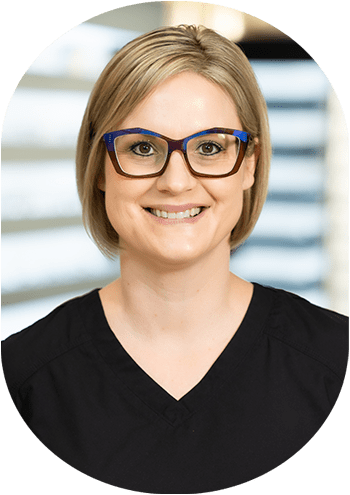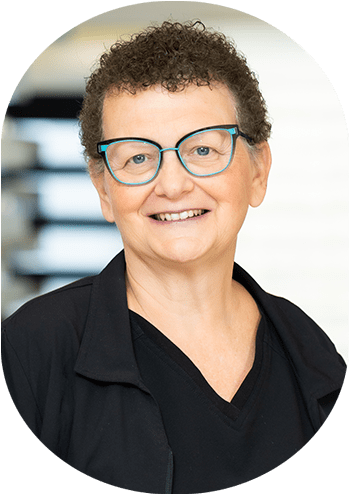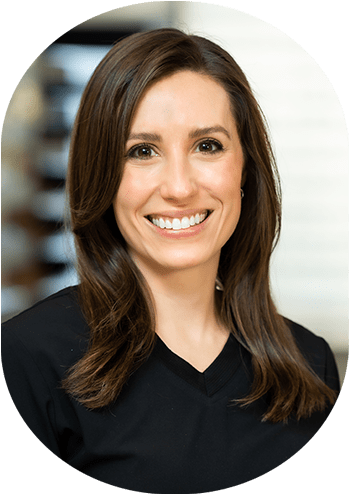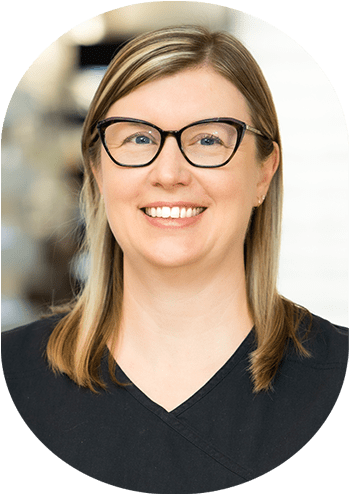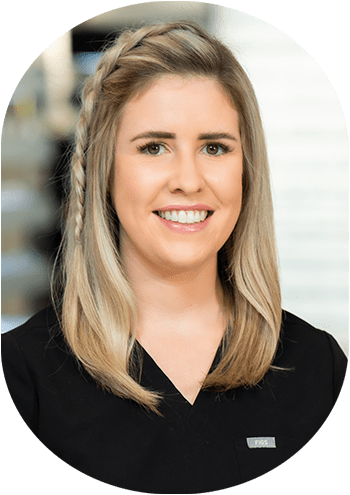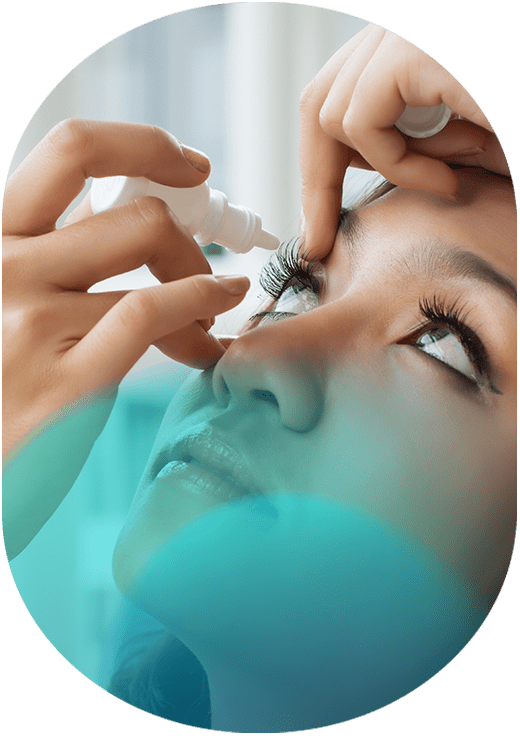Proudly Serving the Kitchener-Waterloo Community
Since 1981, our clinic has proudly been a part of the Waterloo community. Over the years, we have continued to evolve with new ways to help you achieve your vision goals.
Your eyes and vision are our priority, and through services like myopia control for your children, dry eye treatment, and eye disease management, we are committed to addressing your visual needs. Exemplary customer service, a commitment to personalized care, and patient education are vital pillars of our practice that you can expect to receive at every visit.
Contact us to schedule an appointment today—we look forward to welcoming you and your family to Waterloo Vision Care Clinic.
Request Appointment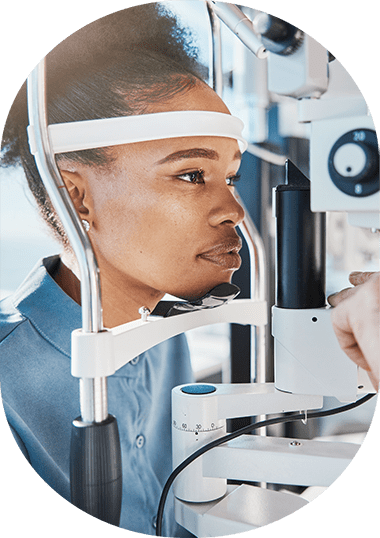

Our “Why”
Our “why” is simple—we want to help you feel and look your best. From the moment you step through our doors, we strive to go above and beyond to meet your unique needs.
Our team strongly believes in treating people with respect and kindness. When you visit Waterloo Vision Care Clinic, along with comprehensive eye care services, you can expect an enthusiastic and passionate team to welcome you.
Meet Our Staff
Come Visit Us
Visit Us
We are located in Medical Centre 1 (at The Boardwalk), with plenty of free parking available in front and at the rear of the building.
(Do not send personal health information by email)
Our Address
- 430 The Boardwalk, Suite 404 Medical Centre 1
- Waterloo, ON N2T 0C1
Contact Information
- Phone: 519-885-2701
- Email: [email protected]
Our Hours
- Monday: 8:30 AM – 7:00 PM
- Tuesday: 8:30 AM – 5:00 PM
- Wednesday: 8:30 AM – 7:00 PM
- Thursday: 8:30 AM – 7:00 PM
- Friday: 8:30 AM – 4:00 PM
- Saturday: Closed
- Sunday: Closed
Our Services
Our Brands

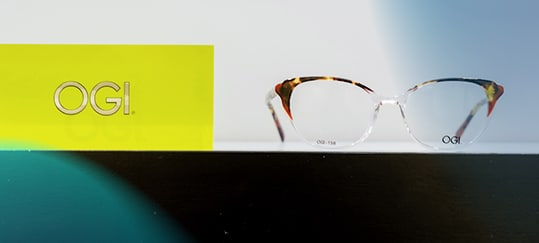

Add bottom right image






